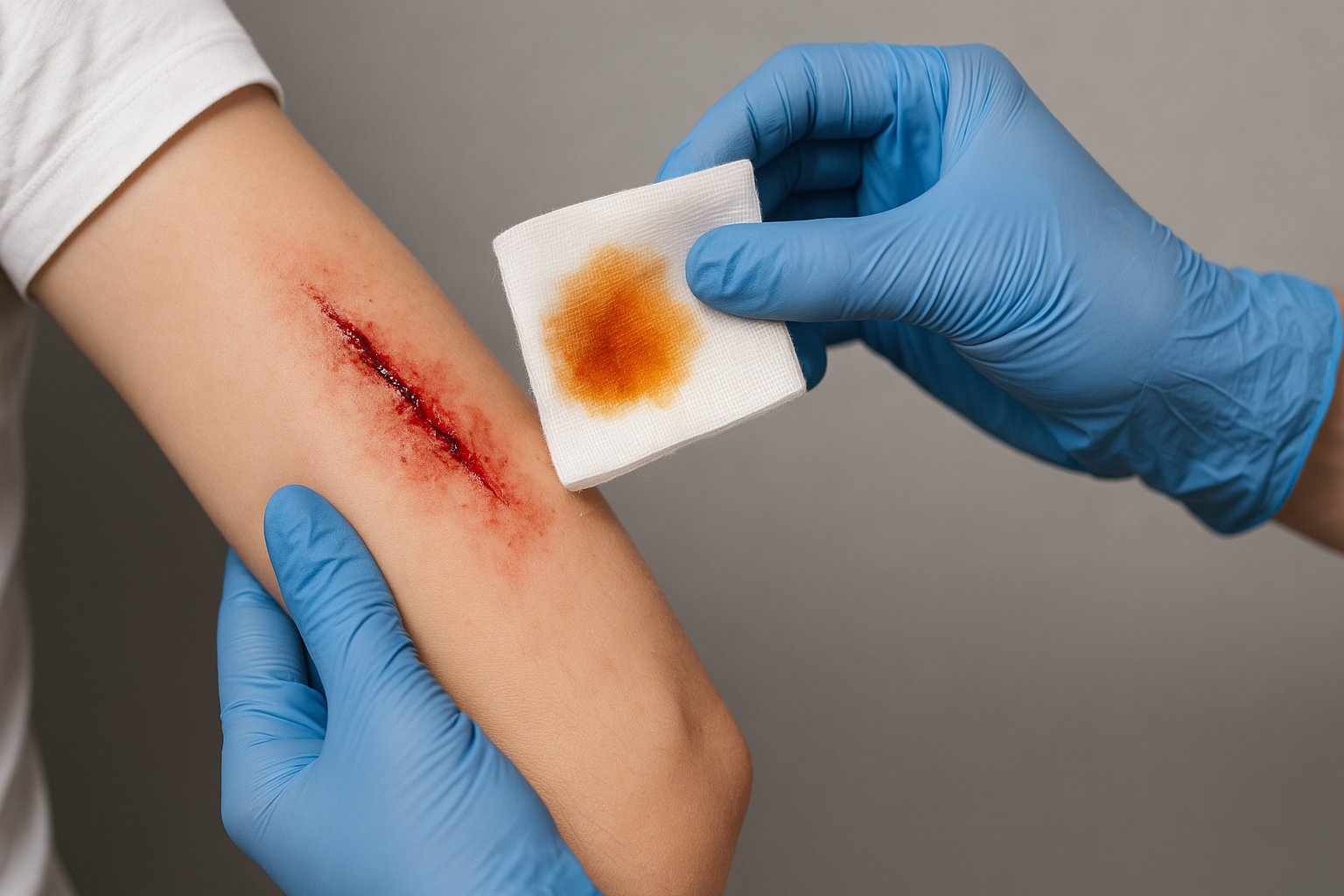
Innovative Solutions for Complex and Non-Healing Wounds
We provide Advanced Wound Therapies (AWT) to support healing in patients with chronic, difficult-to-treat wounds. These state-of-the-art treatments go beyond traditional wound care by using clinically proven technologies that promote faster, deeper, and more complete healing.
Our goal is simple: deliver hospital-grade wound care in the comfort of your home or care facility, using evidence-based interventions tailored to each patient’s needs.
What Are Advanced Wound Therapies?
Advanced Wound Therapies refer to a category of specialized medical treatments that assist the body’s natural healing processes using biomedical technology, engineered tissue, or controlled environments. These therapies are especially effective for:
- Chronic wounds that have stalled in healing
- Large, deep, or infected wounds
- Patients with comorbidities like diabetes, poor circulation, or immobility
- Wounds that have not responded to standard care
By improving cellular regeneration, reducing infection risk, and enhancing moisture control, AWT helps patients achieve better outcomes with fewer complications.
Advanced Wound Therapy Options
Bioengineered Skin Substitutes (BSS)
Regenerative skin-like materials to accelerate healing
Bioengineered Skin Substitutes are advanced tissue products—either cellular or acellular—that act as a scaffold for new tissue growth. These substitutes replicate the structure of natural skin, providing a protective barrier while actively stimulating healing.
Ideal for:
- Diabetic foot ulcers
- Venous leg ulcers
- Pressure injuries
- Surgical wounds
- Burns or trauma wounds
At Advent, we carefully select the most appropriate BSS based on wound type and patient condition. Our mobile wound care specialists apply these substitutes on-site, ensuring a sterile and effective treatment environment.
Negative Pressure Wound Therapy (NPWT)
Vacuum-assisted healing for deep and complex wounds
Negative Pressure Wound Therapy uses a sealed wound dressing connected to a suction pump to create a controlled vacuum environment. This negative pressure:
- Removes excess fluid and infectious materials
- Draws wound edges together
- Increases blood flow to the area
- Stimulates tissue growth and granulation
NPWT is a powerful treatment option for wounds that are deep, draining, or slow to heal, and it is often used post-surgery or in high-risk patients.
Common indications include:
- Post-operative wounds
- Surgical dehiscence
- Pressure ulcers
- Traumatic injuries
- Infected or tunneling wounds


